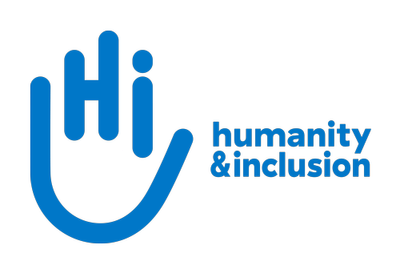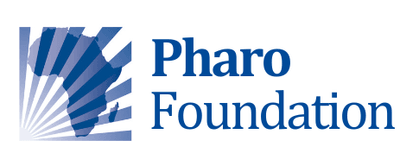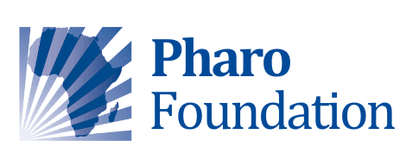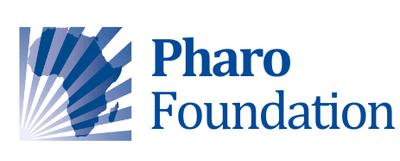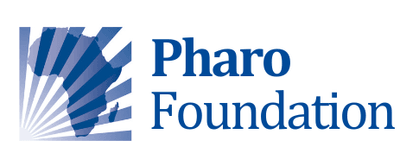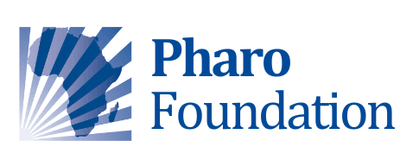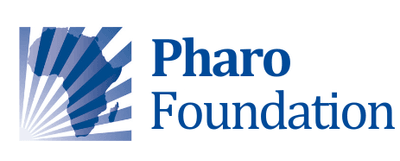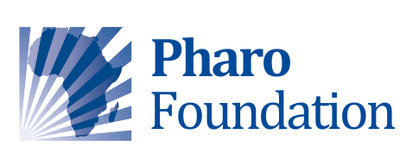Job Description
TERM OF REFERENCE FOR CONSULTANCY SERVICES TO CONDUCT DIALOGUE FORUMS BETWEEN COMMUNITY MEMBERS AND LOCAL AUTHORITIES.
- Background
- About CARE International
CARE is a leading humanitarian organization fighting global poverty and providing lifesaving assistance in emergencies. Its programs go beyond meeting basic needs at the onset of an emergency to helping affected communities recover and rebuild their lives long after the crisis ends. CARE has been assisting communities in Somalia since 1981. CARE works in partnership with the government, international NGOs, civil society, leaders and local authorities to bring effective and lasting change to the most vulnerable communities. CARE currently works through three main programs: firstly, the Rural Women program which supports poor, rural women and girls in addressing long term underlying causes of poverty and vulnerability as well as social, cultural, political and economic obstacles towards positive change. We help women and girls improve their economic status, access education and support them to play a greater role in local leadership and conflict resolution. Secondly, the Urban Youth program focuses on job creation and livelihood opportunities for poor youth through interventions such as secondary education, vocational training, small business development and microfinance. Thirdly, the Emergency program provides direct humanitarian relief to victims of drought and conflict in Puntland, Mogadishu, Lower Juba and Galmudug state. CARE Somalia has three programmes namely Rural Women, Urban Youth and emergency. This project falls under Urban Youth.
- About DanWadaag Consortium
Danwadaag Project - with funding from the Embassy of the Kingdom of the Netherlands, is a consortium comprising of VNG International (Lead Agency), Free Press Unlimited, Media Ink, and CARE Nederland, who will implement the project for a duration of 4,5 years (2021 – 2025), starting with 1st year containing an inception phase and the 4th year will include a consolidation and exit phase.
The project entitled “Improving the social contract through inclusive and transparent Disaster Risk Management "aims to build inclusive disaster risk management (DRM) capacity at the local level. The project's overall objective (Impact) is: ‘improved social contracts through increased resilience to external shocks,' while the strategic objective is 'increased government legitimacy through efficient and effective disaster risk management (DRM) based on inclusive policies, strategies, and services. The project is being implemented in Somaliland and Puntland, targeting Hargeisa, Burco, Garowe, and Qardho and targeting communities (children, youth, and adults, including vulnerable groups), civil societies, and knowledge institutes, media, and public authorities for effective disaster risk management. The project aims to achieve the impact and strategic objective through the following outcomes:
- Outcome 1: Communities can contribute to inclusive and transparent DRM through equitable access to information, resources, and decision-making processes
- Outcome 2: CSOs have the legitimacy and capacity to contribute to inclusive and transparent DRM
- Outcome 3: Public authorities have the legitimacy and capacity to coordinate and implement inclusive and transparent DRM
- Outcome 4: Media have the capacity to contribute to inclusive and transparent DRM through disseminating relevant information and creating spaces for inclusive dialogue between public authorities, civil society, and communities
Dialogue is defined as "deliberate, planned conversations across conflict lines with the goal of building bridges between different parties by providing safe spaces for direct communication between people on opposing sides." This process results in greater understanding, the formation of relationships, and the promotion of local ownership. Dialogue brings people and groups together and facilitates communication in order to foster trust and pro-social interactions. It is a type of communication between people who have vastly different perspectives on a topic, with the goal of learning more about the perspectives and 'truth' of the other.
The program promotes disaster risk management planning, dialogue, and public-sector involvement. The goal is to improve information access in a more convenient location, to facilitate coordination between partner local governments, to raise community awareness of inclusive DRM, and to allow community members to discuss their top priorities during consultation meetings. The project's overarching objective is to strengthen the social contract through increased resilience to external shocks, while its specific objective is to increase government legitimacy via efficient and effective Disaster Risk Management based on access to information, inclusive policies, and services.
- Objectives of the Assignment
CARE is seeking to procure the services of a consultant/firm to provide two (2) dialogue forums between community members and local authorities in Garowe and Gardo. The consultant will guide the community members on preparing for the dialogue, facilitating the dialogue meeting between the community and the local authorities as well as documenting change. The purpose of this dialogue forums is to create an environment that facilitates collaboration between Garowe and Gardo local authorities and local communities in order to discuss how crucial it is to develop a partnership and disaster risk information forum by exchanging information about disasters and engaging communities as much as possible. Through this dialogue forum, all stakeholders can come together to identify the needs of the local population and develop solutions to better manage disasters. This will ultimately lead to a better prepared and informed community that is better able to cope with any disasters that may arise. In addition to synthesizing the roles of each stakeholder, the forum will also create a conducive environment.
- Specific Objectives of the Assignment
- To focus on the significance of disaster risk governance, the ways in which communities and public authorities can work together to reduce the risk of disasters including developing strategies for effective prevention, mitigation, preparedness, and response to disasters.
- To reduce disaster risk by promoting collaboration between communities and local authorities by identifying vulnerable populations and assessing their needs.
- To increase awareness of the importance of national policies and strategies of the early warning system.
- Scope of the Assignment
- Preparing for the Dialogue: Meeting with key community members to understand the situation, the community and its networks, to consider changes required and to establish a baseline for use in documenting progress.
- Establishing relationships: Meeting individually and in small groups with representatives from institutions, networks and local authorities to build trust, increase people’s clarity about their situation, and determine whom people want to talk with and how they want to have those conversations.
- Facilitating meetings: Bringing community participants and the local district authorities together to have a dialogue session on DRM governance.
- Documenting change: Undertaking assessment/evaluation to note changes and to determine its impact on the individuals involved and the community and to track progress towards meeting defined outcomes of the dialogue forums.
- EXPECTED DELIVERIES
- Deliver inception report with the tools, methodology, approaches, and the workplan
- Deliver draft agenda for the event after discussion with the DANWADAAG project staff
- Organize the dialogue forums in two locations: Garowe and Gardo
- Deliver events report
- ROLE OF CARE
CARE will have the following functions: CARE will take care of arranging the venue for the events and handling all the necessary logistical and administrative tasks during the assignment. provide oversight, supervision, and coordination of the assignment; coordinate document reviews and approval of all deliverables per the terms of reference. The facilitator will report to the Project Manager, and dedicated project staff will be assigned to support the assessment team in coordinating and collecting data and providing necessary information for planning purposes.
Skills and Qualifications
The potential consultant/expertise required to meet the following minimum requirements to qualify for the submission of his/her proposal.
- The lead consultant should have at least a Master’s Degree in development, Governance, Disaster risk management and/or any other relevant discipline and not less than five years of previous experience in similar tasks or consultancies
- In-depth knowledge and understanding of stakeholder mapping, CSOs capacity assessment, DRM policy and governance context analysis, conflict and Gender analysis.
- A very good understanding of DRM systems in Somaliland. An understanding of how the government of Somaliland operates and implements DRM services will be necessary for this assignment.
- At least 5 years of progressively responsible professional work experience at national and international levels in conceptualizing, designing and implementing successful, evidence-based advocacy strategies.
How to apply
All applications should be sent to [email protected] by the latest by1700 Hours (GMT +3) 11th October 2023 in one email, with separate attachments for the technical and financial proposals in pdf and a Subject line "TERMS OF REFERENCES FOR CONSULTANCY SERVICES TO CONDUCT DIALOGUE FORUMS BETWEEN COMMUNITY MEMBERS AND LOCAL AUTHORITIES."
Email[email protected]
PhoneUnspecified
.png)




